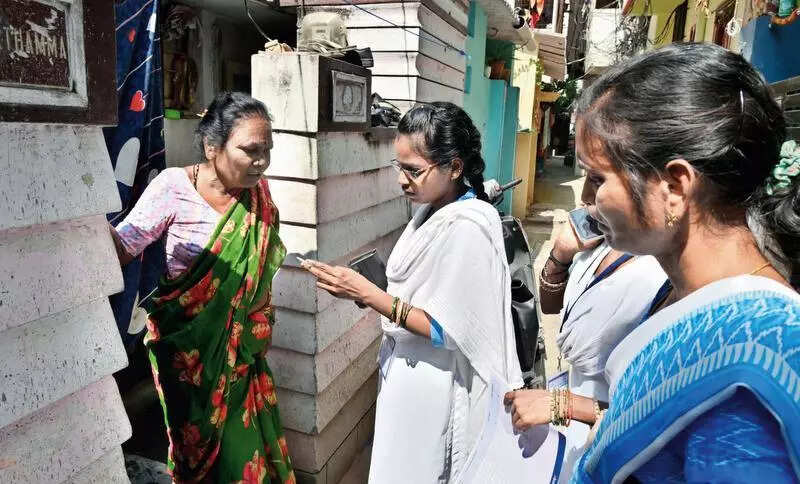After caste survey, T to develop backwardness index for sub-groups | Hyderabad News

Hyderabad: In a major initiative aimed at advancing data-driven and equitable policymaking, the Telangana Planning and Development Society (TGPDS) is developing a composite backwardness index (CBI) for each of the state’s sub-castes.This will be the first effort of its kind at the state level to provide a statistically grounded, objective measure of relative backwardness across communities. The index is being built using data from the Social, Educational, Employment, Economic, Political and Caste (SEEEPC) Survey conducted in 2024.The CBI will quantify levels of disadvantage using quartile-based statistical analysis and provide both aggregate and category-specific rankings of sub-castes based on multiple socio-economic dimensions. The development of this index is being overseen by an expert working group chaired by retired Justice Sudarshan Reddy, constituted in March this year. The initiative draws inspiration from the Mandal Commission, which used 11 key indicators to evaluate the backwardness of sub-castes at the national level.Sources said the committee is planning to finalise the report within a month. The CBI will provide an ordinal ranking of sub-castes, alongside individual scores across seven comprehensive domains: Social status, educational attainment, living conditions, occupation, income levels, ownership of movable and immovable assets, and access to banking and financial services. In total, the analysis is expected to include up to 43 parameters.Recent meetings of the expert group—held in Hyderabad and followed by a review session in Delhi—focused on finalising the data and statistical methodology for the CBI. During these sessions, the committee also reviewed preliminary findings, discussed modelling techniques, and reached consensus on visual and analytical frameworks to present the results clearly and meaningfully.In a forward-looking recommendation, the committee has urged the state govt to develop an AI-powered natural language interface to enable researchers to engage with the SEEEPC dataset in aggregated form. This tool would ensure privacy and confidentiality at the household level, while making data accessible for deeper academic and policy analysis, promoting transparency and evidence-based dialogue.“The development of the CBI is rooted in the constitutional values of justice, equity, and inclusion,” said Praveen Chakravarty, coordinator of the expert group. “There is consensus on the methodology, the parameters of analysis, the representation of findings, and most importantly, the need to base policy decisions on grounded, inclusive data,” he said.The SEEEPC survey covered over 3.55 crore individuals across Telangana, collecting data from 243 sub-castes, including options for individuals identifying as ‘no caste’ or ‘others’—recognising diversity and respecting the right of individuals to self-identify. The scope of the survey spans 75 indicators, touching every aspect of daily life—social, economic, occupational, educational, and beyond.The expert committee is composed of nine full-time members, supported by a group of special invitees who bring a wide range of expertise from sociology, caste studies, public policy, law, history, economics, and statistics.
















